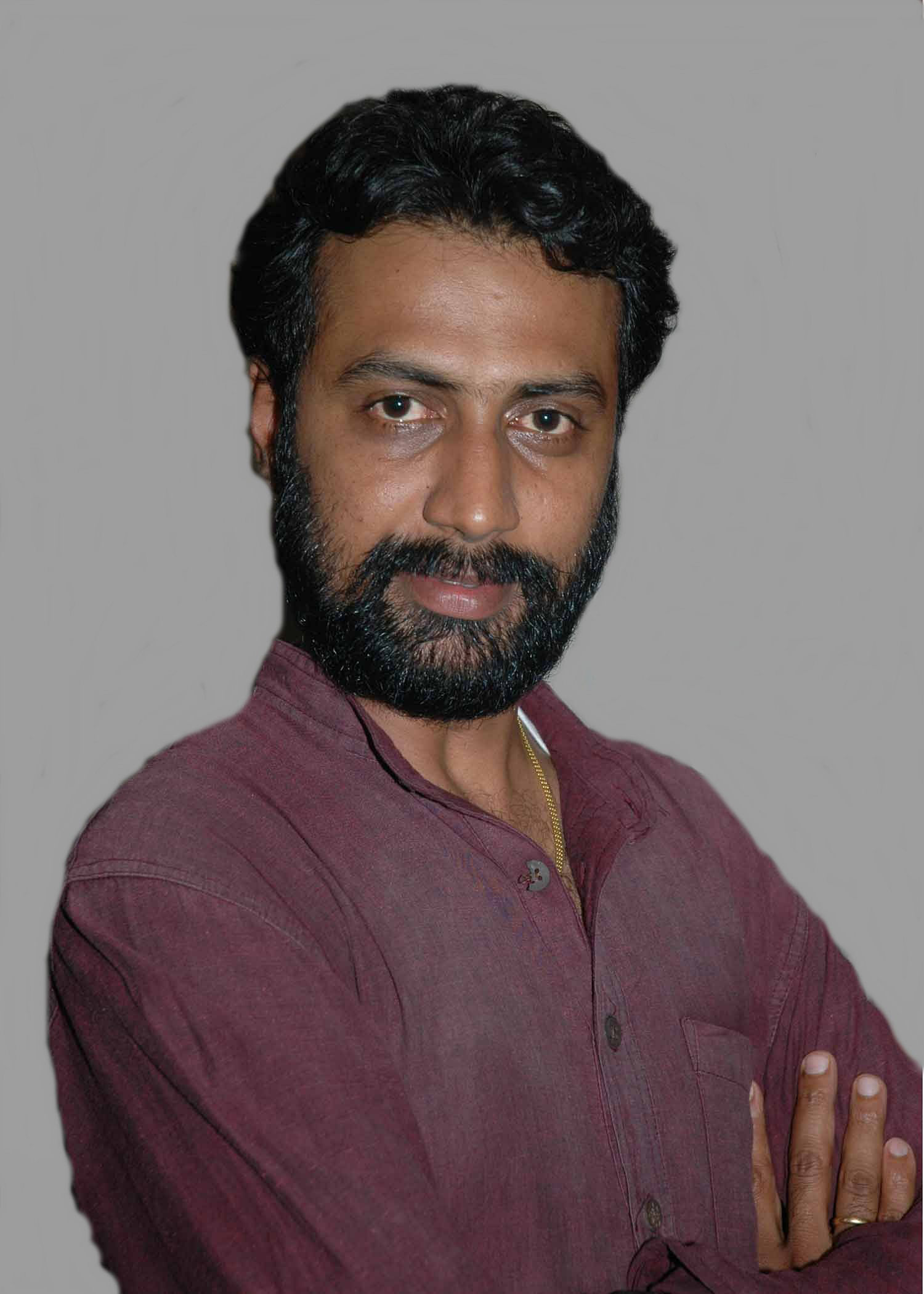
Suchendra Prasad is versatile across media, from theatre to the small screen to film. In his best work, he has collaborated with the likes of Girish Karnad and B V Karanth.
Son of a teacher and a policeman, Prasad, who has an MA in Kannada as well as an LLB, says he was always a literature and theatre enthusiast.
His passion for theatre took him to the National School of Drama (NSD), Delhi. “I was active in theatre before that too. I got to learn all aspects of theatre there. I brought Amrish Puri and Anupam Kher and organised theatre shows here. I got a lot of friends thanks to the theatre,” he says.
Theatre led him to Girish Karnad, B V Karanth and M S Sathyu. From theatre, he moved to cinema.
“I acted in Sathyu’s ‘Galige’, and then did a role ‘Kotta’, a Kannada and Hindi film based on a Veerappa Moily novel. With this, I came to learn the nitty-gritty of films.”
He played Kuvempu in ‘Kanuru Subbamma Heggadathi’, directed by Karnad, which won the National Award in 1999. “After that, I had no work for five years. It is said that it’s a curse for actors who work with Karnad. Take anyone, right from Shankar Nag. Later, the small screen reached out to me. I took it up to quell my hunger,” Suchendra says in jest.
He says he was not comfortable doing a lawyer’s job. “I did not like telling lies. I found there was no justice and my career as an advocate ended soon,” he says.
He sought out the best names in theatres to work with. “I was a part of H S Venkatesh Murthy’s ‘Agnipatha’, Da Ra Bendre’s ‘Sayo Ata’, T N Seetharam’s ‘Nammolagobba Najookayya’ and other plays,” he says.
He also worked with Prasanna and B Jayashree, getting involved in all areas of theatre, from acting to make-up. “Theatre was what I breathed. I travelled with Karanth all over India when I was in NSD. We conducted theatre workshops in various places,” he adds.
He did some work for All India Radio, hosting science shows, acting in radio plays and conducting a programme for youngsters called Yuvavani. For some time, he read the news on Udaya TV. And then, he became an integral part of mainstream Kannada cinema.
Prasad’s association with director P Seshadri was noteworthy, with collaborations such as ‘Beru’, ‘Vidaaya’, ‘Thuthoori’ and ‘Bettada Jeeva’.
He directed ‘Prapatha’ in 2010, based on the life of Anekal Subba Shastry, who claimed that knowledge of aeronautical science existed in ancient India.
“In the film, I tried to show the connection between traditional knowledge and science. Recently, I directed ‘Sandigdha’, a film on child rights. Former minister Maneka Gandhi appreciated our efforts. The child rights panel showed the film in all districts. It was also shown in the Koppal Gavisiddeshwara car festival where thousands of people gather,” he says.
His film ‘July 22, 1947’, released by Narendra Modi, became the first-ever to be released by a prime minister.
A man for whom acting is synonymous with life itself, Prasad feels the closest to theatre. “Karanth used to say TV shows your art in a small way and film shows it in a big way, and that theatre shows it as it is,” he says.
Prasad’s own philosophy of art rests on what it does for society. He believes the distinction of art and commercial cinema is a matter of convenience. “It is a very effective medium. It should be used for good. We have a great responsibility. I have always tried to do justice to my work, and it is more than just a livelihood,” the he says.
Bemoaning the lack of role models such as Vasantha Kavali, H S Parvathi, Ranganath Sharma, and Belagere Krishna Shastry, he wonders who can influence people positively now.
Recounting a conversation he had with Pejawar seer Vishwesha Tirtha, he quotes him: “We lack scholars, because we did not encourage the tradition of scholars. We only have experts, but no scholars. We seriously lack such people.”
He says now there is a tradition of self-proclaimed intellectuals. “This is not a good development. We have stopped learning, being humble and working hard,” he says.
Suchendra Prasad is also concerned about the future of art. “I came across a recent survey in which 76 per cent of respondents said arts and artists were not needed. I was shocked and hurt. All people want today is their work and salary. The theatre and the arts have a history and a tradition. They should be continued and we should protect our language and culture.”